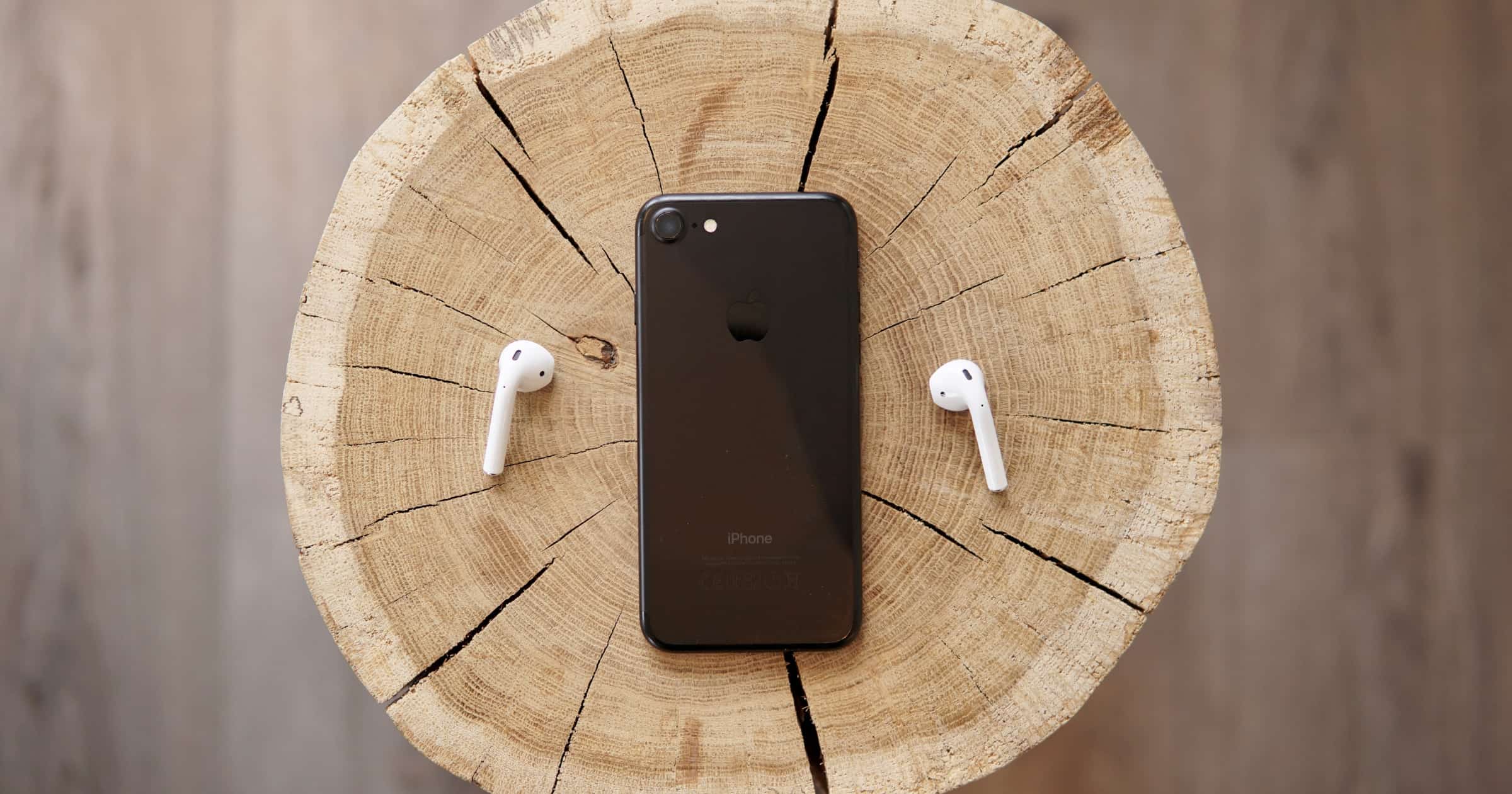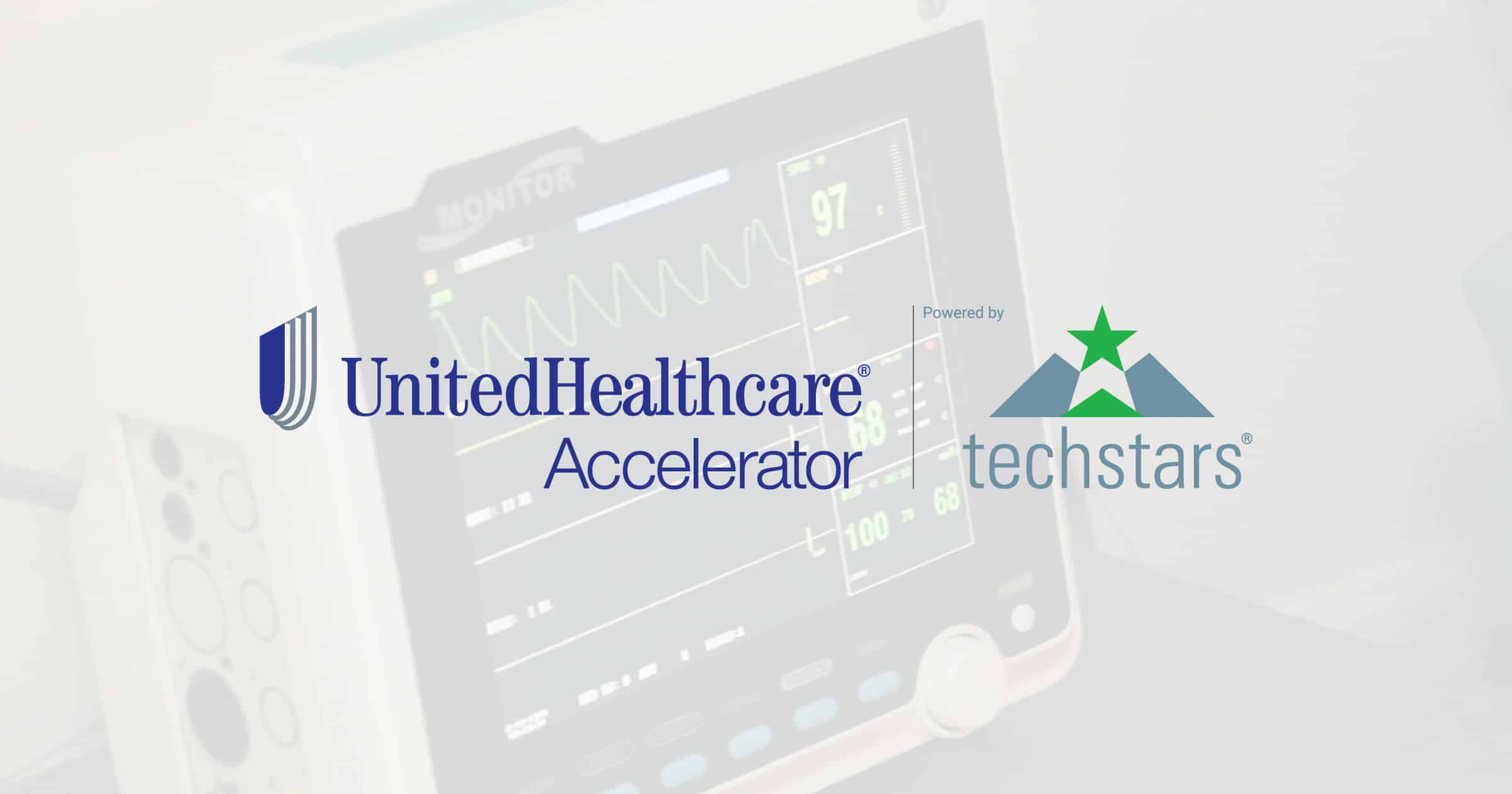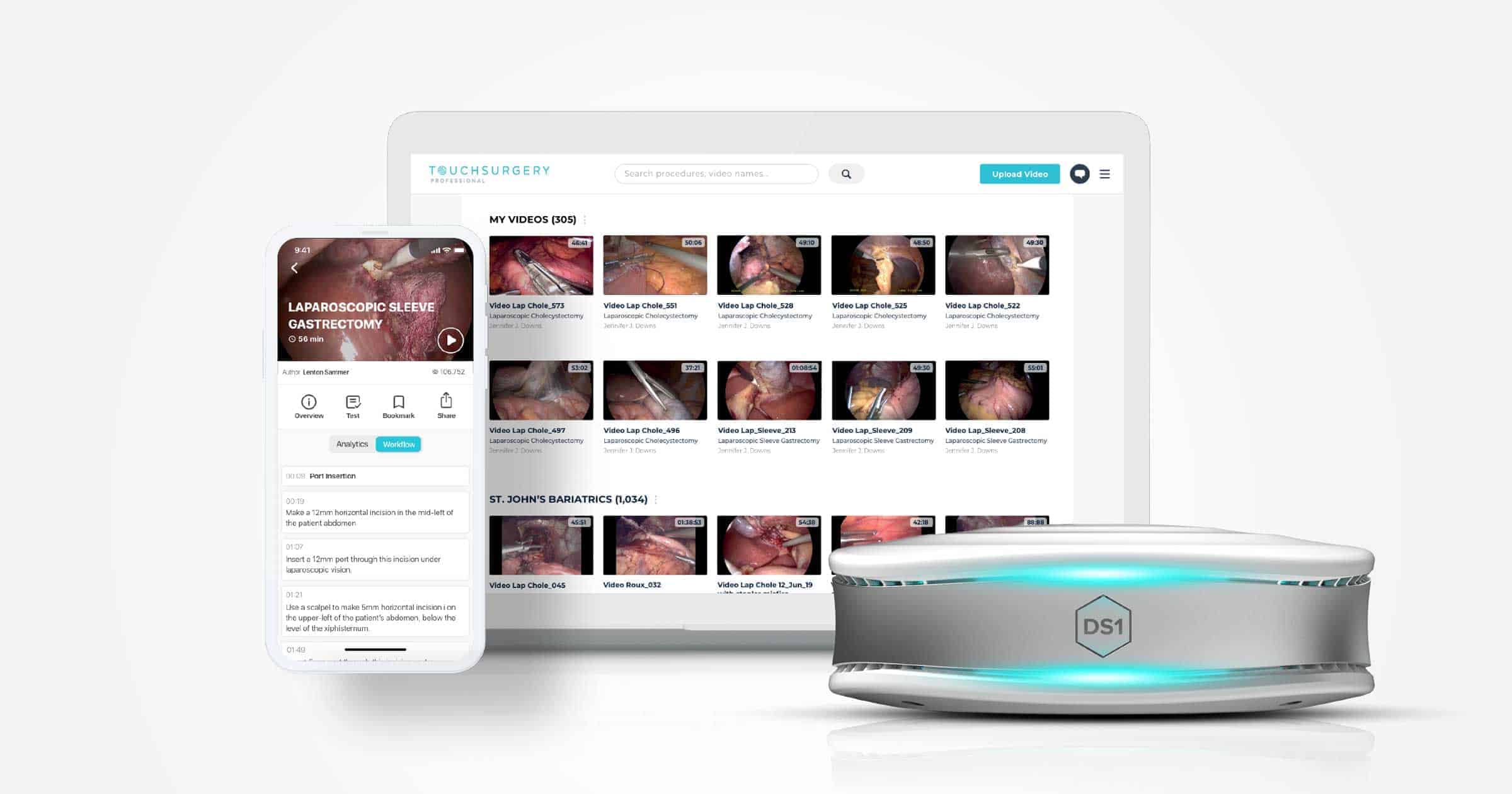Augmented reality, thermal scanning, ridiculously inexpensive health benefits (with meditation?) — there was a lot to dig into during the UnitedHealthcare Accelerator powered by Techstars Demo Day. Taking place in the swanky digs of Aria, the event featured nine health-focused startups looking to wow through short, on-stage demos. Here are our impressions of the class presentations.
Clearstep wants to provide clear, well, steps for anyone seeking healthcare. After engaging in an AI dialogue discussing your symptoms, the service provides possible causes for the condition along with resources and suggestions for treatment. If the situation isn’t an emergency (in which case you’re urged to go to the ER right away), the service also suggests several eligible health providers complete with transparent pricing, patient reviews, and scheduling options.
Our Take: We tried the beta version of the symptom checker and it’s a straight-forward process that seems to be able to narrow down to specifics quickly. The virtual triage isn’t mind-blowing but bundling the provider info and scheduling services all together is definitely appealing.
Loneliness is a huge health problem for older adults, and Lena wants to tackle the issue by providing an accessible support system. Users pair with a “Lena Coach” who assists in finding social activities in the area (everything from book clubs to yoga), provides daily check-ins, medication reminders, and more.
Our Take: The demo was simple, smooth and pulled on the heartstrings just enough without veering into overdramatization. No one wants to be lonely, and we hope the service can help those who are.
Health benefits… for millennials! Mountain’s pitch is undeniably interesting— for less than $1 a day, a user gains access to a range of services including UTI/STI testing and treatment, birth control, virtual doctor care, and even a subscription to a popular meditation service.
Our Take: What seems like an impossible shift in the benefits game starts to make a bit more sense when you dig into it (users only get access to one urgent care visit per year, for instance). Mountain isn’t health insurance (as indicated by the fine print), but the pitch and service definitely tap into an audience that doesn’t want to deal with the premium/copay/deductible quagmire of traditional packages.
 Phraze wants to remove the “screen between” patients and physicians through automatic dictation software. Physicians use a voice interface to easily record patient intakes and consultations before the program automatically transcribes the discussion, churning out an AI-assisted medical note by the end of the meeting.
Phraze wants to remove the “screen between” patients and physicians through automatic dictation software. Physicians use a voice interface to easily record patient intakes and consultations before the program automatically transcribes the discussion, churning out an AI-assisted medical note by the end of the meeting.
Our Take: The proof will be in the speech-to-text accuracy pudding here. Phraze, however, was the only company of the class to be based in Minnesota (so far). Rep. Re. Sent. (We hope to have more on them soon.)
Revealix is tackling diabetic limb health through mobile, inexpensive, and smart imaging software. The product aims to provide every routine healthcare encounter with the tools necessary to easily and accurately get a beat on a patient’s vascular and diabetic health through temperature mapping before complications lead to limb loss.
Our Take: The service didn’t seem quite as slick as some of the others, but it’s a fascinating application of thermal scans and undoubtedly an important cause.
Started by “logistics nerds” (their words, not ours), Shurpa Health focuses on smoothing the rough edges of the non-emergency medical transportation (NEMT) and in-home care fleet providers.
Our Take: The demo pointed out that if we’re able to order and track a spicy tuna roll from start to delivery, the NEMT and in-home care world should be just as logistically sound. Makes sense to us.
Suggestic’s nutritional AI offering up food plans according to your dietary preferences seems great, but the real magic trick here is the Suggestic Lens. Point your phone’s camera at a restaurant menu, and the lens overlays personalized nutritional info over the dining options.
Our Take: AR is cool, but it needs to work perfectly to be worth the perceived additional step of using a camera. Will the Suggestic Lens hit that mark?
It’s not a stretch to think of WalkWise as a fitness and health tracker for senior citizens. The small device attaches to a walker wheel and provides movement data, safety alerts (in the event of an emergency such as a fall or heart attack), and early detection of UTIs and illness to family members and caregivers.
Our Take: WalkWise seems like a smart blend of tech, safety, and simplicity that should make it an attractive monitoring solution to its audience.
 With the Clio app, Virtue Health hopes to foster a positive community of women going through menopause. The app offers useful tools such as symptom tracking, techniques backed by Cognitive Behavioral Therapy to help women manage those symptoms, and data-driven and personalized health tips.
With the Clio app, Virtue Health hopes to foster a positive community of women going through menopause. The app offers useful tools such as symptom tracking, techniques backed by Cognitive Behavioral Therapy to help women manage those symptoms, and data-driven and personalized health tips.
Our Take: Supportive, healthy, and accessible conversations about women’s health? We dig it.
Photos courtesy of Matt Wales, UnitedHealthcare






